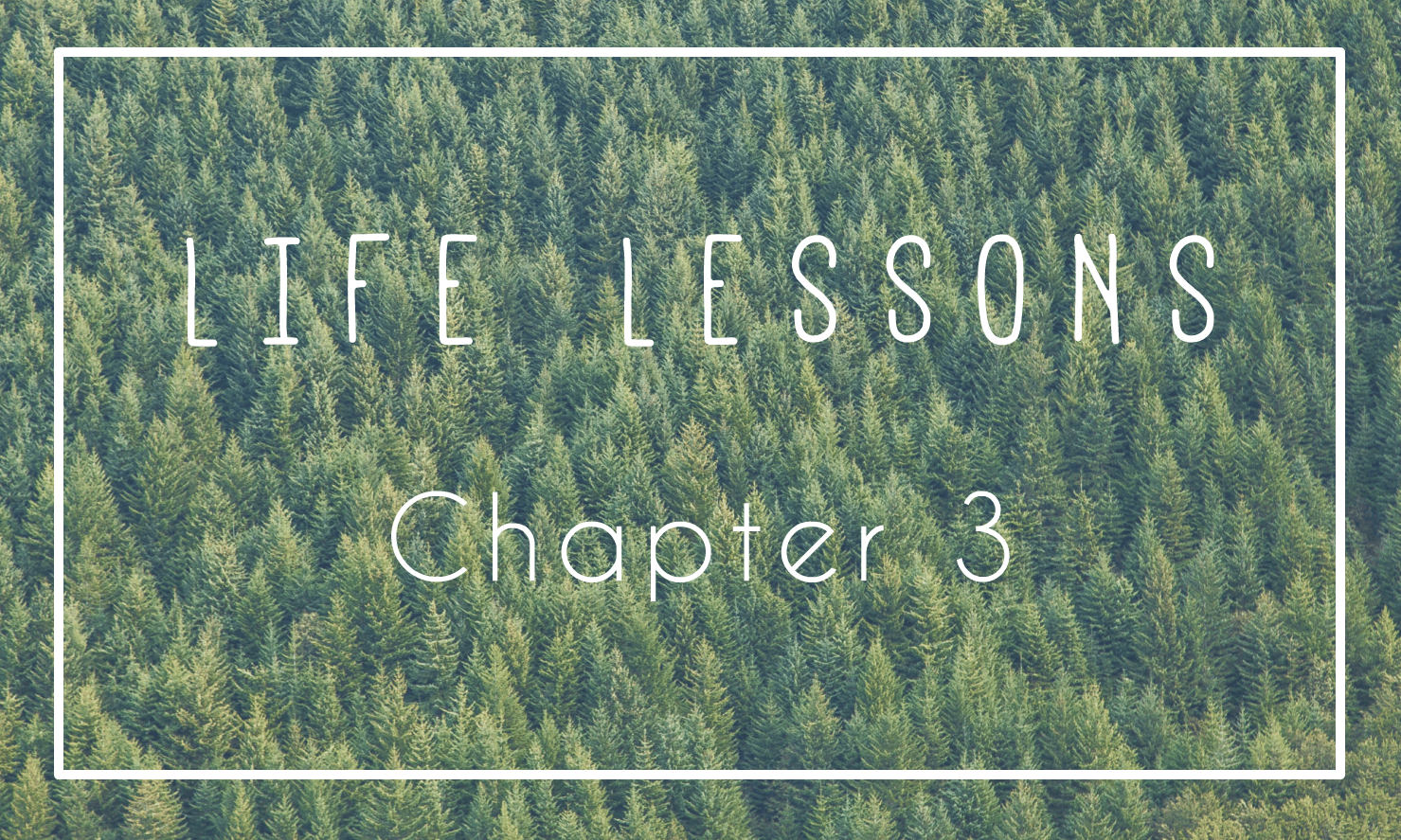Life Lessons, Chapter 3: Successful Failures

Success is great, without question. That feeling of having achieved something, of having won. There is a lot we can learn from success. But there is so much more that we can learn from failure. It makes us focus on our weaknesses and lets us grow. In fact, mistakes, blunders and misfortunes have nothing to do with failure. We can get a lot of things right – and still fail. Victory always goes through the stages of pride, stumbling, and free fall. Both – victory and defeat – are just two sides of the same coin: doing. He who does nothing cannot fail, for he is already a failure. But those who are active and are looking for success have to take into account the possible inability of attaining it and, more importantly, to overcome it.
Failure, what is it?
It is one of the most devastating feelings and the nightmare of everyone. Failure. It can mean the end of a dream, turn strength and optimism into ugly dwarves, destroy entire existences. It can mar reputation and credibility, eradicate self-confidence and take the courage for new plans. Do we not love success stories, mostly our own? Who wants to talk about their personal failures? These evil moments in the life, where we trip and land on the hard pavement instead of the thrown. In which we – a moment ago still on the route to success, suddenly shipwreck. It is better to keep silent about it, and perhaps even twist a few facts, which preserves us from feeling like a failure: I did not really want the job anyway. The other applicant was much better.
Aside from the stigma that makes failure the leprosy of the modern performance society, our society loves success – and it loves winning stories. In addition, the possibilities of comparison have never been so great. In the past, our neighbour was perhaps the golden standard of our envy, but since the advent of the internet we compete with half the world. And of course, out of the tide of success stories we select just those which we are never going to reach in our tiny lives even if we have the tallest ladder. Unattainable standards. And the pressure grows. Shame on us if the presentation, the long-awaited date or the business idea don’t go according to plan. We have let down our boss, our business partner, a potential partner in crime and ourselves. How could we? In this cut-throat climate, it comes as no surprise that there are thousands of guides out there on how to be successful. But no guide on how to make projects really go wrong. This is a pity because if turned failure into an acceptable part of our everyday life, perhaps we could focus on the positive aspects of it. If we can face failure with a relaxed attitude – as something that is not unusual, we can draw strength from it and develop ourselves further. We should not just see the threat, but the opportunity to learn. Then we can deal with these situations differently. Better. In a more useful and less upsetting way.

Falling doesn't mean failing.
The art of successful failing
The fear of failure can have a stranglehold over our whole lives. It can keep us from realising their dreams: starting our own business, writing a book, designing fashion – it would be so great. But what if it did not work out? We live in a society where people are measured by their successes and condemned for their defeats. The more our social role and self-image are measured by performance, the more serious a failure becomes. Because we measure our self-esteem by our success/failure ratio. Something that a certain class of people has learned to avoid: the entrepreneurs. The whole concept of entrepreneurship is to get up and do something. To find an entrepreneur who has not failed at one of their projects is like finding the needle in the old haystack. While some throw in the towel after one unsuccessful venture and write themselves off, others who have failed with a whole company soon get up again to build something new on the shards of their existence. The business did not work out. Nevermind. Let’s start a different one.
What distinguishes people who fail better? What is their secret? It is the way they think about their failure; they take hurdles and obstacles as what they are, and seek their way around them and over them. They show a willingness to redefine themselves. An important human strength. Instead of doubting, they ask themselves: What can I do differently in the future? And they accept the help of others. The prerequisite for successful failure is that we can accept our defeat and let go of the original goal. It is better to see the hard landing as an opportunity to try something new – and suddenly to realise: This is it!
The secret of people who have mastered the art of failing is that they can control and stop negative thoughts faster. Everybody thinks about negative experiences more than about positive ones. It’s in our nature. But some people manage to let go of them quicker: They don’t brood. And if a bitter disappointment can be transformed into a learning experience, it makes our lives richer. Then it lets us mature and become a little bit wiser each time. If you manage to give room to new ideas after licking your wounds, the defeat will turn into a victory. Many setbacks we would not want to miss in retrospect because we can laugh so splendidly about them later on. But it takes time.

A failure is only a failure if we don't learn from it.
A culture of honest failures
Failure hits most people very hard in their self-esteem. It is therefore very important to clarify that our value as a person does not change because we failed at something. With this in mind, we can look at a broken project or a separation from a healthy distance. We can analyse the causes and look for solutions without sinking into self-reproach and shame.
Mistakes are the driving force behind our development. Anyone who is trying or risking something can suffer shipwreck. A baby, which falls hundreds of times during its first walking attempts, does not fall into self-doubt and failure. Running is learned by falling. But in a miraculous way, the tolerance for wrong attempts leaves us at some point as we grow older. We are unlearning to use them and grow from them. What is the reason? It is up to us how we evaluate an experience, whether we give it the stamp of defeat or with a defiant "oh well" get up again. Every stumbling is an opportunity to be honest with ourselves, to get to know ourselves better and develop.
A good strategy for handling failure starts with being brave enough to admit defeat. The courage to honesty belongs to failure. Often a project, from which nothing has come is badly talked about in the aftermath: We did not really want it anyway, the competitor has fared much worse than us, the weather was bad. We have developed a portfolio of possible forms of handling the devastation, which all aim at saving face. By doing this though we can miss out on the best part of the experience: The learning effect is actually the positive part of a failure.
Almost as important as honesty is the strength to analyse the downfall: Failure has many forms. You set goals that you can never achieve in life. You throw in the towel too early. You reach your goal and realise that the whole time you have been chasing something you do not actually want. Failure is the search for ways. That's why it is so important to find a way out of the numbness and analyse the situation.
And never forget that most of the dramas are created in our own heads. They are homemade. The American writer Mark Twain once put it beautifully to the point: "I have experienced many catastrophes in my life, some of them have really happened."

I have failed a lot, but now success seems to be laughing at me.
Really amazing inspiration. Keep going!
Thank you @dhwoodland! I'm glad you enjoyed the article.
You're welcome!